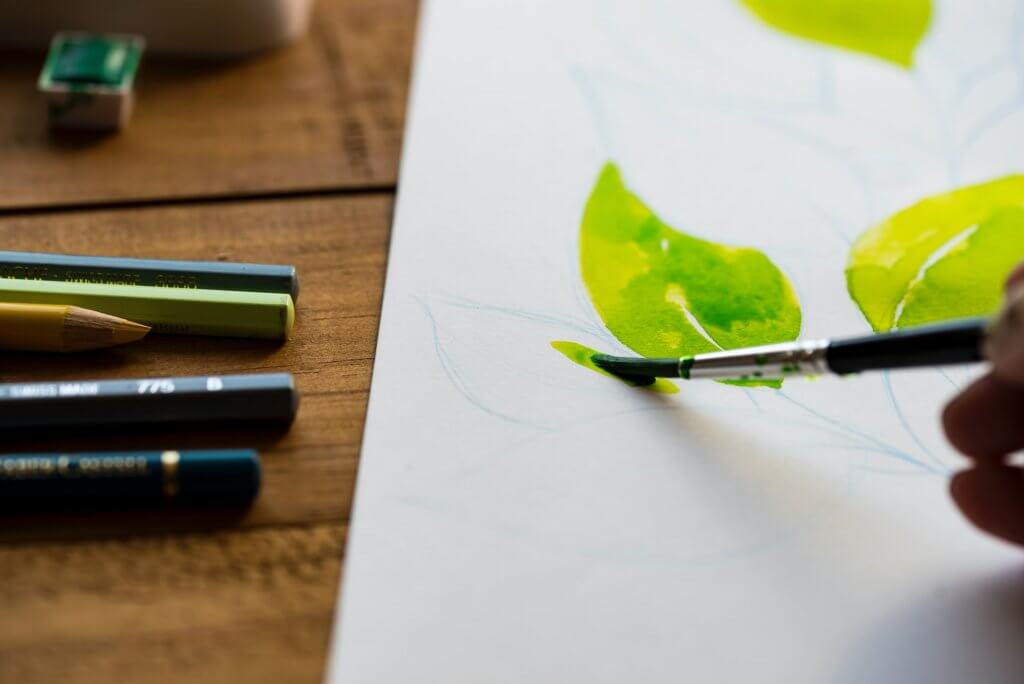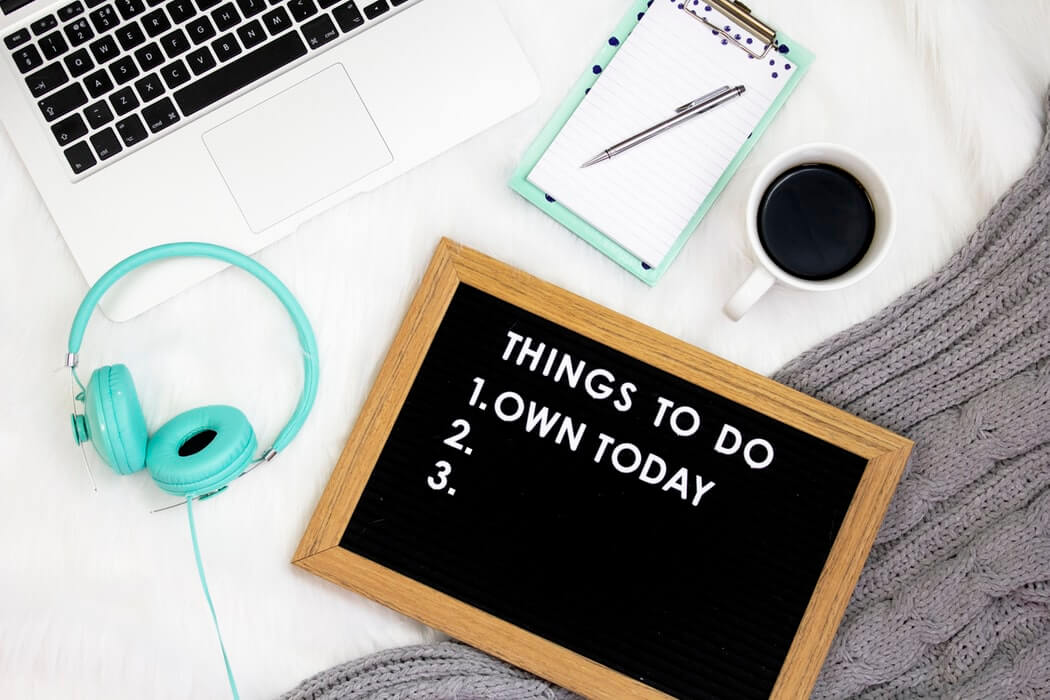The COVID-19 pandemic has changed daily life. Our brains thrive on routine, stability and predictability. In the wake of the coronavirus, anxiety has spiked due to the instability and uncertainty of the pandemic. There are ways that we can help our brain to adjust to the changes and produce some calm.
Having a formal routine quickly helps the brain readjust. When the unexpected happens, our brains gravitate to the familiar. Routines tell the brain what to expect next.
So get a pencil and paper, pull out your agenda, or just open a google doc. Formalizing your agenda by writing it down, makes you more likely to commit and allows you to tailor it to your needs.
Wake up time and Bedtime
If you have found yourself working less, schooling from home, or having to rely on yourself to set your schedule, you may have let your sleep schedule go. Many of us don’t have somewhere we HAVE to be. Regardless, have a wake up time and a bedtime. The body and the brain thrive on this. There are multiple hormones in the body that ebb and flow with the time of day. The disruption of our circadian rhythm, the internal manifestation of our sleep/wake cycle, can have profound effects on our mood and mental health.
Play
Working from home, schooling from home, or caring for the kids can easily suck up your entire day. Without concerns about commuting or leaving the house, these commitments can take up your whole day. This can leave you feeling wiped out, dull and unmotivated.
Do something you truly enjoy each day.
At least once a day, pull yourself away from the grind, and do something you enjoy. It could be a book, painting, a crossword puzzle, video games, reading a magazine, or even a puzzle. There are lots of ways to maintain your personal routine. The most important part of this is that it is something you truly enjoy and that it’s just for you. This can stave away depression, anxiety, and overwhelm.

Outside time
At a time when going outside can feel truly scary, we still need to connect with nature and experience the fresh air. This might mean going out in your backyard, sitting on the porch or patio, or taking your dog out for a walk. Even a short walk around the block can be refreshing and shift your mindset.
Exercise
Moving the body has always been a way to manage anxiety and depression. Exercise releases endorphins, which is a natural painkiller and can elevate your mood. Low intensity exercise can help to reduce stress hormones such as cortisol and adrenaline. For those who spend much of their day working from home in front of the computer, exercise is vital to prevent sore muscles, back pain and a stiff achy body.
Consider a
- Walk around the block
- YouTube exercise videos
- Live stress exercise instructors
My current favorites are dancing with my kids and Four Square. Do what works for you. Just get up and move!
Connect with others
Due to the COVID-19 outbreak, social distancing is our new way of life. Just because we have to be physically separate does not mean that we need to be emotionally separate. The need for connection is hard wired into our systems. We as a species don’t do well in isolation. We need one other. So the last, but certainly not least, mandate to your routine is social contact with at least one person a day who is not a co-worker talking to you about work.
If you are suddenly working at home full time, call or facetime at least 1 person a day to talk about non work related stuff. So this could be a co-worker or a friend but that conference call where you talked about that product that needs to come out next month, doesn’t count! Kids don’t count either. Great possibilities include:
- Talking to your neighborhood from your backyards (6 feet away)
- Calling relatives
- Facetiming other stuck at home parents
- Take the time to chat with co-workers about non-work life
- Create a Zoom Meeting happy hour
Stay connected. Social distancing doesn’t mean social isolation and it certainly doesn’t mean you have to be alone.
Managing your mental health in the midst of COVID-19 isn’t optional, it’s required. We have to take intentional steps to cope with the stress and be strong and healthy for each other.
Need more ideas to maintain your routine??
Interested in Online Therapy?
Contact us for a free video consultation.
(908) 242-3634 or Connect Now





4 thoughts on “5 Must-Haves in Your Routine to Manage Your Mental Health During the COVID-19 Pandemic”
Comments are closed.